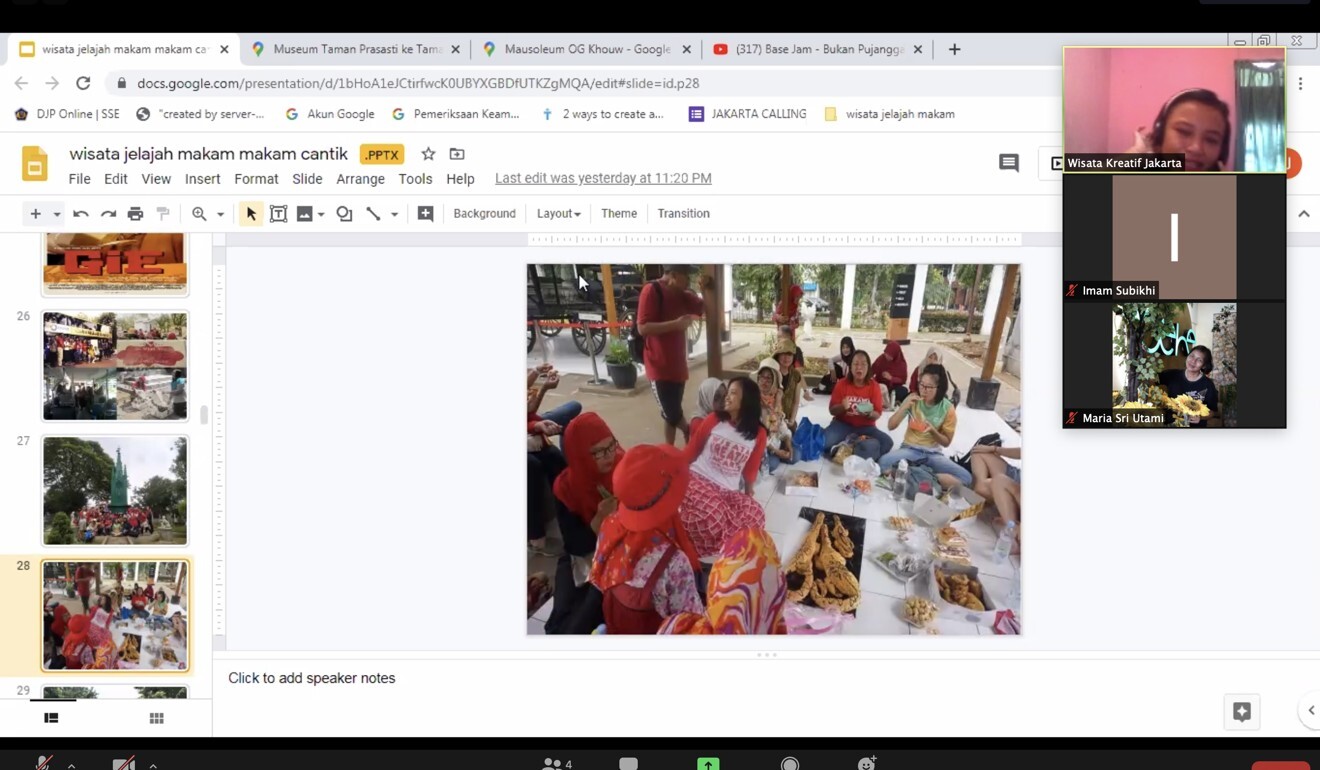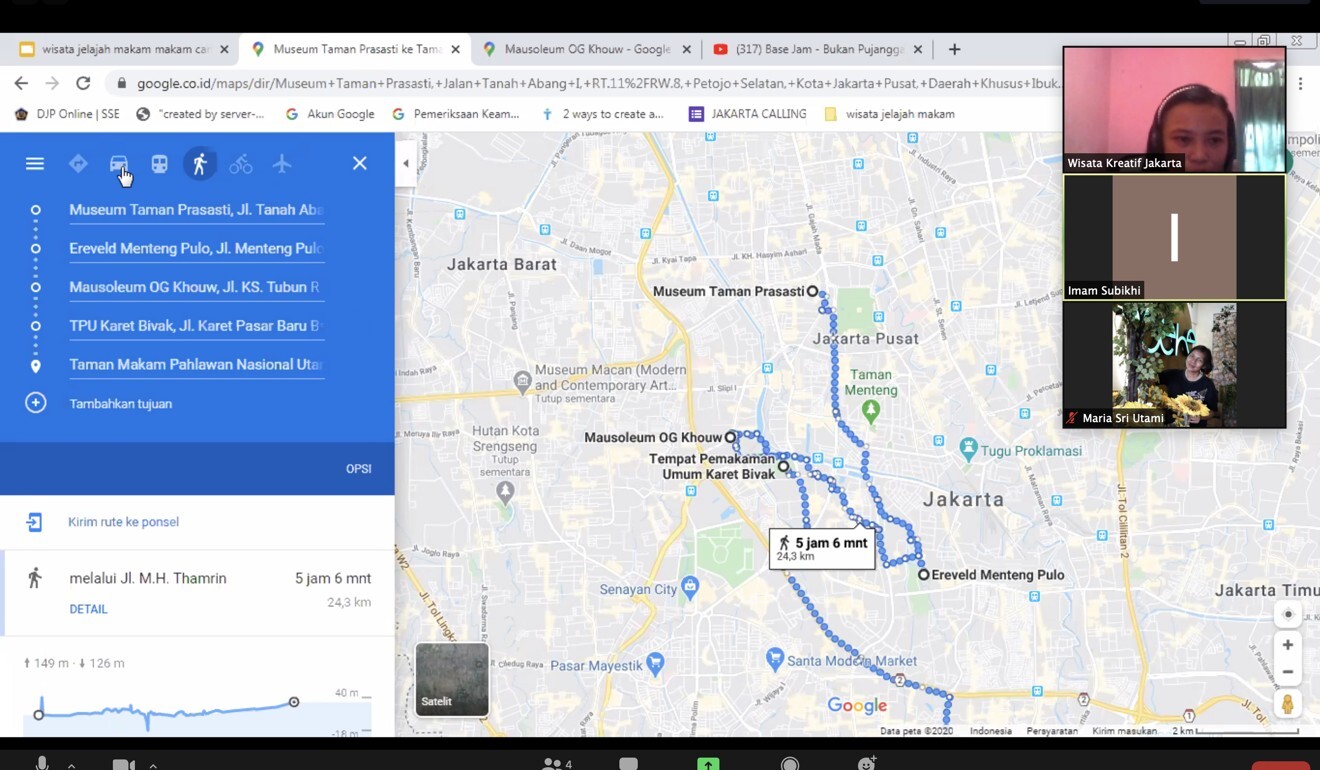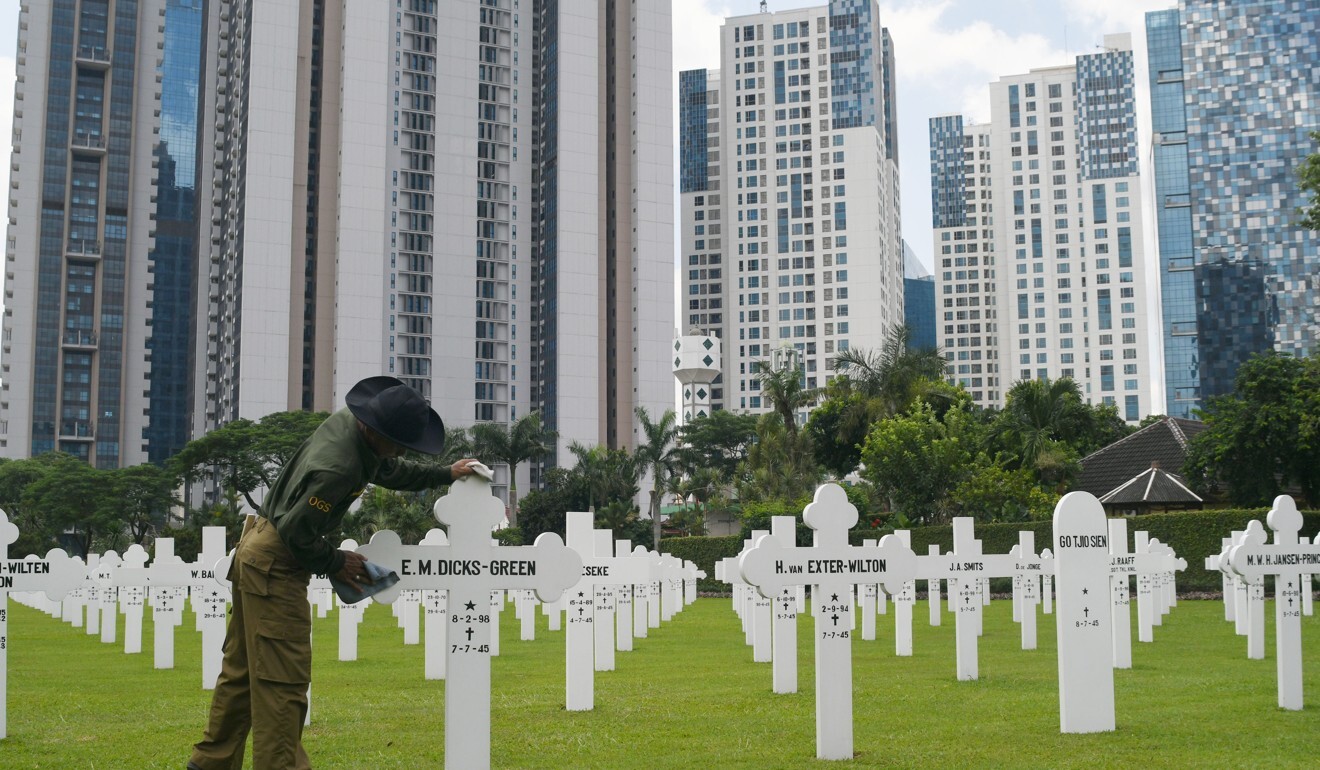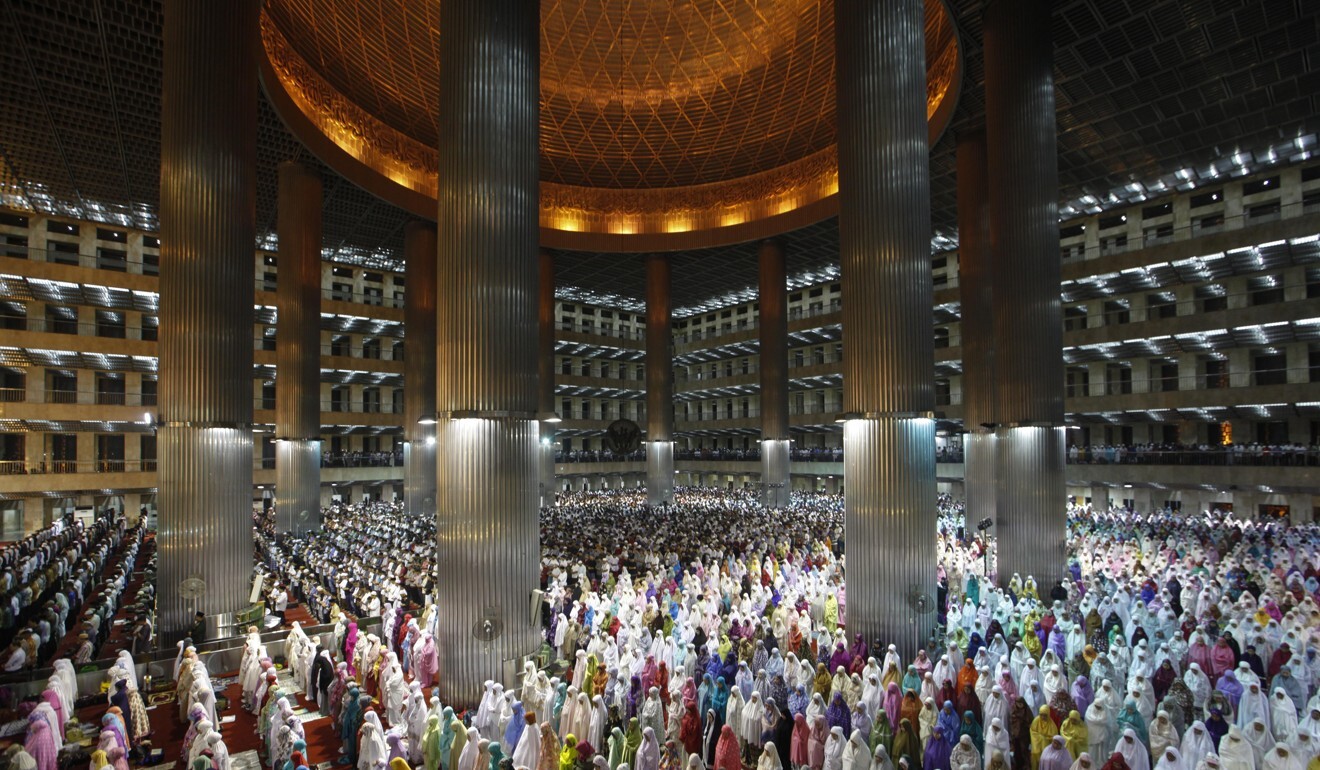
Offbeat tours in Jakarta – of a village of Portuguese slave descendants, cemeteries, mosques – move online
- With travel shut down, a tourism entrepreneur and her tour guides in Indonesia had no income for two months, so she decided to make her agency’s tours virtual
- For as little as US$1.70 they take participants to an urban village rich in Portuguese tradition, beautiful graveyards, Jakarta’s Little India, and city mosques
A village rich in Portuguese tradition, beautiful Dutch graveyards, and Little India are among tourist attractions in the Indonesian capital, Jakarta, visitors like to explore on foot. That’s not possible amid the coronavirus pandemic, so an enterprising tour company has created virtual tours of them instead.
Founded by entrepreneur and author Ira Lathief in February 2017, Wisata Kreatif Jakarta works with 15 licensed tour guides. But they have not been able to lead physical tours since early March, and thus have received no commission from Lathief’s company. Lathief herself had no income for two months.
She and her team launched the virtual tours on May 1, enabling people from anywhere in the world to join in as long as they have internet access.

“It is like a glimmer of hope,” the 39-year-old says. “We continue to do activities during this difficult time.”
The tours make use of Google Slides, Google Maps, YouTube and photos from Wisata Kreatif Jakarta’s past trips to introduce the locations and explain the significance of each place that is being visited virtually.
One of the trips being offered is to Kampung Tugu (Tugu Village) in northern Jakarta, where about 200 households of Mardijker – people of Portuguese heritage from Malacca state in Malaysia – live. Descendants of freed slaves who worked in Malacca when it was a Portuguese territory, they began arriving in Batavia, as Jakarta was formerly called, in the 17th century.
There they intermarried with Indians, Dutch, and member of the Betawi tribe which is native to the capital region.
Lathief explains that the Kampung Tugu residents, who are known as “black Portuguese”, retain elements of Portuguese culture – dances, dress, and a distinct culinary tradition – and speak a creole that is a mixture of Portuguese and local languages.

Kampung Tugu’s Protestant church is more than 270 years old and is surrounded by tombs, some of them 200 years old, she adds.
The village stages a procession every January 1 to mark the new year, called rabo-rabo, in which villagers call at every house in the village and each household sends someone to join the procession. Participants eat cake, drink beer and play kroncong – Indonesian traditional music with Portuguese roots.
“Unfortunately even many people in Jakarta do not know of the existence of Kampung Tugu,” Lathief says.

Wisata Kreatif Jakarta also offers virtual tours of some of the capital’s most picturesque graveyards, including Taman Prasasti Museum, Ereveld Menteng Pulo and Mausoleum O. G. Khouw.
Taman Prasasti Museum in central Jakarta, initially a graveyard for wealthy families and Dutch colonial government officers and one of the oldest graveyards in the world, has been turned into an open museum.
Ereveld Menteng Pulo in southern Jakarta is a Dutch war cemetery, and houses around 4,300 graves – of those who died during the World War II and the war of independence against the Dutch between 1945 and 1949.
“In Indonesia, because we also have a lot of urban legends, tombs are generally shunned,” Lathief says. “But we have so many beautiful graveyards. They are like parks.”

Other virtual tours cover Jakarta’s Little India in Pasar Baru district and five mosques of outstanding interest in Jakarta, Indonesia being the world’s largest Muslim-majority country.
Anita Utami, 49, sales manager at a travel agency in Jakarta, who joined the Kampung Tugu tour, says the concept of virtual tours is unusual, but they will help visitors gain some insights about the city.
“Their presentation is like that of a guide who normally guides a tour group,” Utami says.
Because current conditions do not allow us to travel, virtual tours like these will be the only way [for now]
Blogger Lia Yuniar Wahab, who joined the Zoom call from the nearby city of Bekasi, says the Kampung Tugu virtual tour gave her a strong impression of the places it features.
“I got many insights on this tour about culture, history, food, and the values of tolerance,” Wahab says.
Lathief is optimistic about the virtual tours – she says many people are longing to travel.
“We have all been home for months,” she says. “Because current conditions do not allow us to travel, virtual tours like these will be the only way [for now].”

